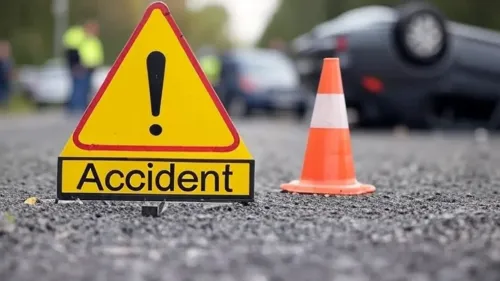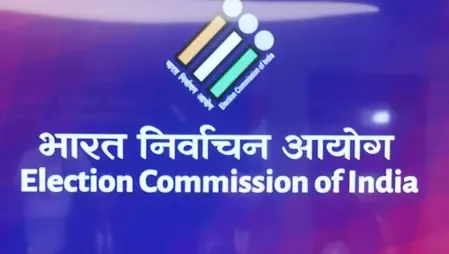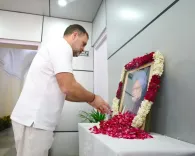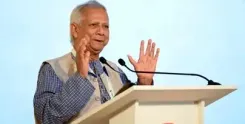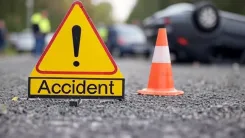What Were the Achievements of Ashish Sood in 100 Days for People's Welfare?
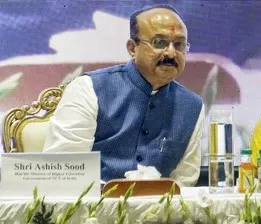
Synopsis
Key Takeaways
- Commitment to Education: Opening schools for EWS children.
- Urban Infrastructure Development: Constructing 2,500 houses for the underprivileged.
- Healthcare Initiatives: Implementing national health programs.
- Scholarships: New financial aid for families earning up to Rs 3 lakh.
- Technology for Students: Distribution of laptops and free coaching for NEET and CUET.
New Delhi, June 4 (NationPress) Delhi Minister Ashish Sood highlighted the conclusion of 100 days under the BJP-led administration as a pivotal achievement, stating these days were dedicated to serving the populace.
"These were 100 days of committing ourselves to the underprivileged and of fulfilling our obligations. These were 100 days aimed at paving the way for underprivileged children to gain access to quality education," Sood noted.
He reiterated the government’s pledge to social advancement, reflecting the principles of leaders such as Atal Bihari Vajpayee and Prime Minister Narendra Modi.
As part of the 100-day milestone, the Delhi government, led by Chief Minister Rekha Gupta, published an extensive ‘workbook’, detailing significant welfare initiatives launched since taking office.
The document emphasizes the administration's dedication to education, housing, healthcare, and the empowerment of disadvantaged communities.
The Delhi government has initiated the opening of schools aimed at delivering quality education to children from Economically Weaker Sections (EWS). Furthermore, digital libraries will be set up in 250 schools, along with modern language and science laboratories in 100 schools.
Minister Sood also mentioned plans to distribute laptops to 1,200 high-achieving students by September and provide free coaching for 2,200 students preparing for NEET and CUET examinations.
“Within 100 days, we have implemented a plan to offer free coaching to those aspiring for NEET and CUET,” he confirmed.
In a significant enhancement to urban infrastructure, the government plans to construct 2,500 houses for the underprivileged and has allocated Rs 700 crore to improve sanitation in slum areas by building new toilets and bathing facilities. This initiative is designed to uplift the living conditions for residents of informal settlements.
To ensure equitable access to education, the administration facilitated 28,000 EWS admissions without any reported discrepancies. Additionally, students from families earning up to Rs 3 lakh, previously ineligible for support, are now receiving scholarships under the new policy.
The 100-day report also showcases the execution of national initiatives like the Ayushman Bharat health program, Mahila Samman Yojana, and the Yamuna River cleaning drive. The PM Surya Ghar Yojana has also been introduced in Delhi to encourage solar energy adoption in urban residences.
Emphasizing the BJP's foundational philosophy of “Antyodaya”, Minister Sood expressed, “Our objective is the upliftment of the poorest of the poor. This government is inspired by Atal Bihari Vajpayee and Prime Minister Modi, and is committed to transparent governance.”



